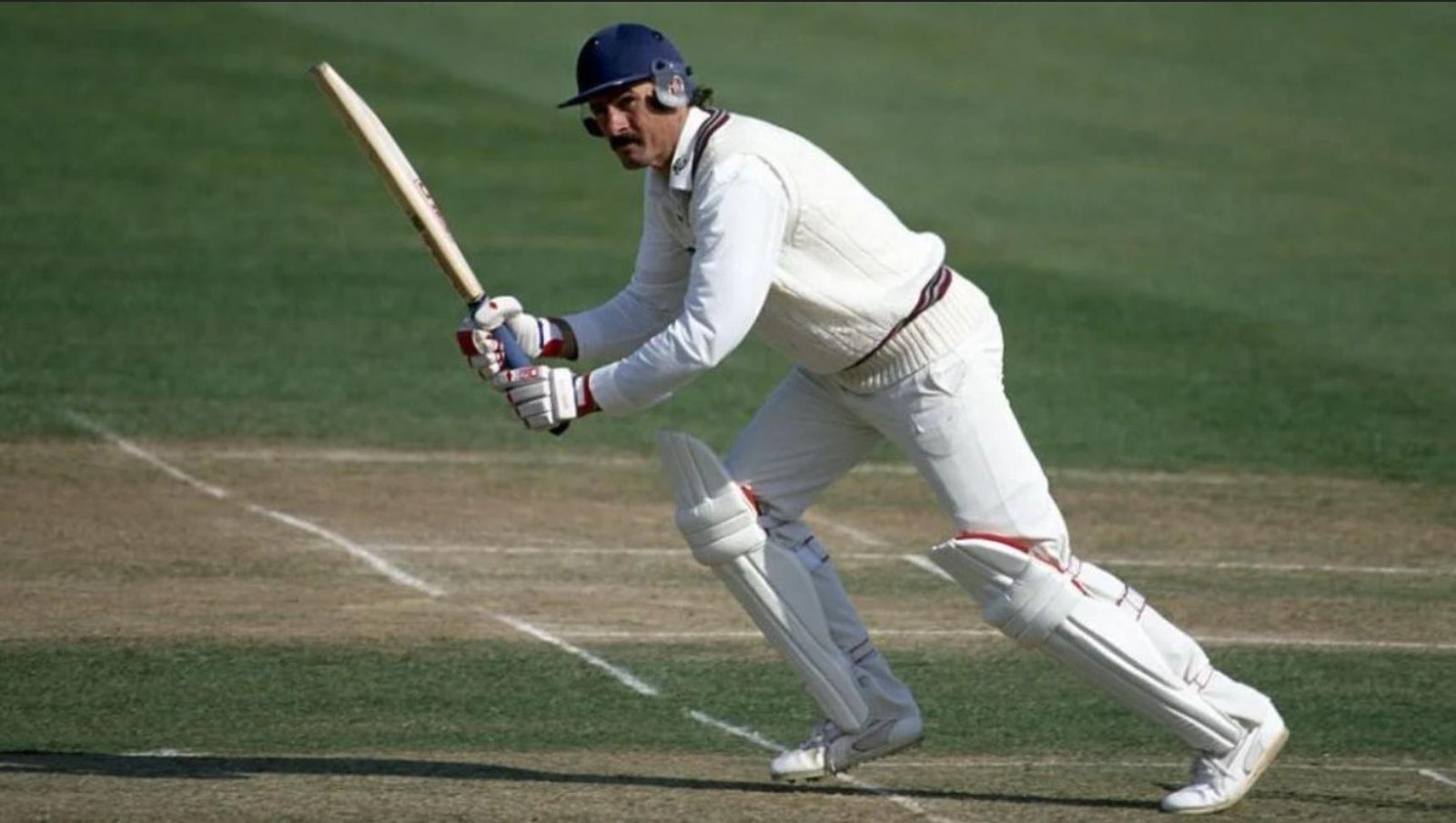Jimmy Cook, a prolific South African batsman, played three test matches and four ODI’s from 1991 to 1993.
One of his memories of the match that goes down as being the most memorable for me was the County Championship match between Somerset and Nottinghamshire at Trent Bridge on July 19–21, 1989. Having played under Clive Rice during my Transvaal career and knowing the green, seaming type of wickets that have been prepared under his captaincy both on my home ground at Wanderers as well as his ground at Trent Bridge, I approached the match with a lot of trepidation.
We arrived at Trent Bridge on a beautiful sunny morning, and I was surprised to see a pitch that looked good for batting, although I felt it would be on the slow side and would take some time later in the match. Vic Marks won the toss and decided that we should bat. Franklyn Stephenson opened the bowling, and off the fourth ball of the opening over Peter Roebuck, I had a terrible mix-up over a run in which I should have been run out. Thereafter, I remember being very pleasantly surprised at how I was able to keep the score moving along despite losing partners at regular intervals. The pitch stayed good throughout the innings, and when our last wicket fell at 186, I was left undefeated on 120! I felt enormous sadness as I felt that technically this had been my best innings of the season and that it was a pity that it had to end. At the same time, I did feel a lot of pleasure, as it was the first time I had ever carried my bat through a first-class inning.
By the close of play, Nottinghamshire had moved to 108 for no wicket, which underlined how good the pitch had been. We struggled through the second day and could not make much impression on Nott’s batsmen. I had done my fair share of chasing in the field and was feeling very depressed when they declared at 471–7. This left us about 16 overs to bat on the 2nd evening, and I remember feeling very annoyed at having to go in to bat when I was not mentally or physically ready for it. My worst fears were realized when, in the first few overs, I was rapped on the fingers and played and missed many times. When the spinners bowled the last few overs, the ball turned appreciably, and I was very relieved to be 20 not out at the end of the day.
On the final day, I walked out with a better approach and decided that the best way to play positively and try to forget the state of the game. This proved to be my best decision of the match, and we moved to 180 for 2 nearing tea. Despite mishitting a few sweeps and playing a couple of indifferent shots, I succeeded in scoring a second hundred in the match and was just beginning to think about how well we had done to save the match, when a dreadful collapse saw us lose our last 7 wickets in under an hour to be all out for 218.
At the time, I could not believe how all the other players were getting the unplayable balls while I was somehow able to miss or be at the other end. At the fall of our last wicket, I suddenly felt tired yet happy at the thought of having carried my bat for the second time in the match (131). It then suddenly occurred to me that I had not been off the field the entire match—no wonder tiredness was setting in! I feel that this has been my most memorable match, because I know that in years to come I will look back on the game with a tremendous amount of pride at what I have achieved.
